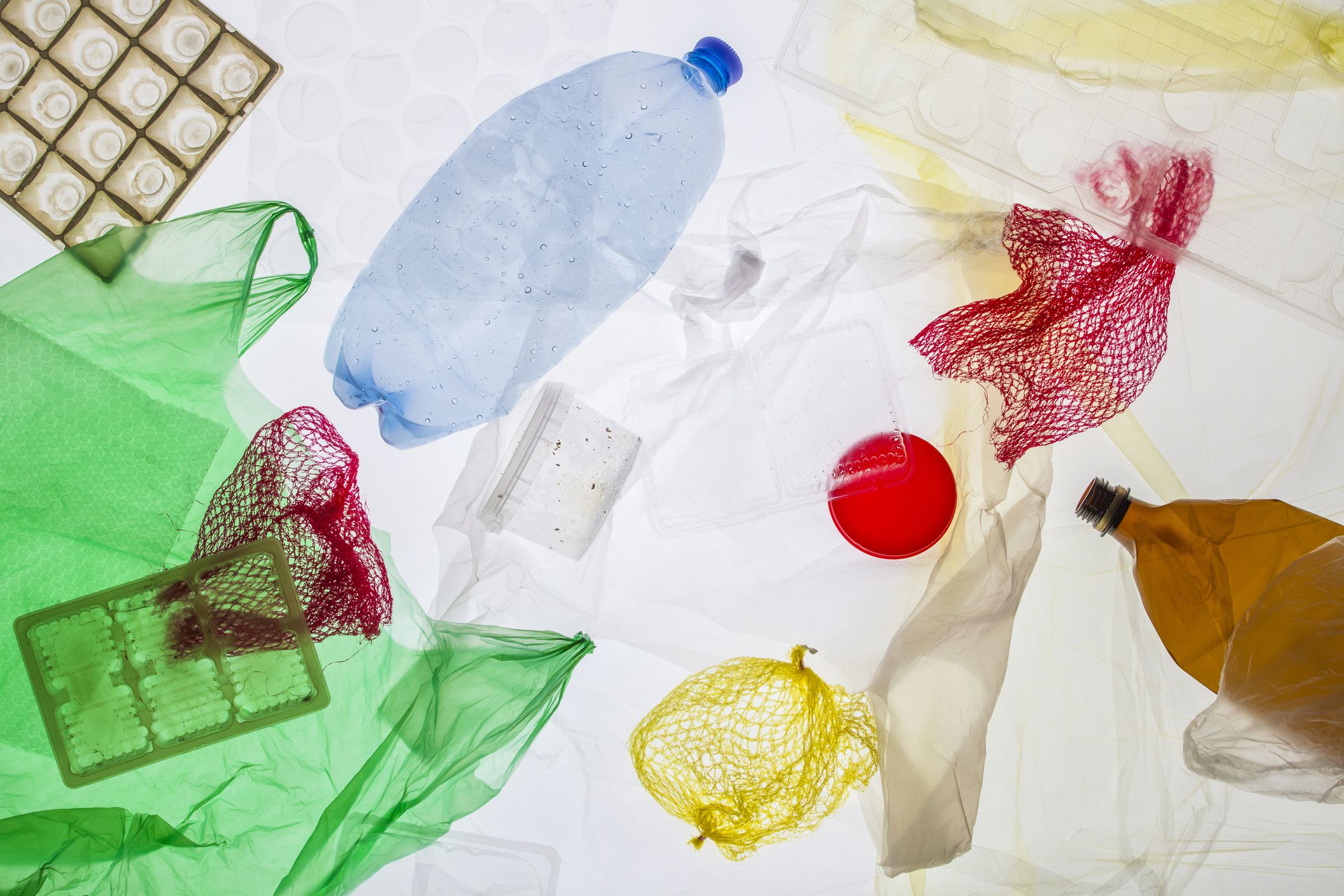The EPP Group wants to slash packaging waste produced in Europe. "We want Europe to produce less packaging waste. However, the alternative solutions must be viable," says Massimiliano Salini MEP, the EPP Group's Chief Negotiator of the new rules aimed at reducing waste in the European Union, following the vote in the Parliament's Environment Committee earlier today.
The EPP Group wants companies to be more innovative and consumers to be better rewarded when it comes to reducing waste. "New rules for packaging and packaging waste in Europe are needed and wanted, also by the industry. The circular economy can only work if we get a real internal market", says Peter Liese MEP, the EPP Group's Spokesman on environmental issues.
"Of course, we want Europeans to reuse more and to have a higher quantity of products such as water bottles or containers for bathroom soap. However, we must push there, where we really can make a difference. Our first concerns are food safety and health, where single-use packaging plays a key role in our everyday lives. While aiming for reuse, we must be aware of the life cycle of packaging. One cannot generalise; in certain circumstances, single-use can still be the best environmental solution", says Salini.
"During the negotiations, we managed to eliminate several shortcomings originally included in the proposed law. For example, we took the completely absurd idea of banning beer crates off the table. I still find the proposal to ban small paper bags for salt, pepper and sugar problematic. We have more concerns in the European Union than worrying about such details. Paper is also a sustainable packaging material and therefore, should be treated differently to plastic. This also applies to other aspects of the proposed law. At the same time, Parliament, the Council and the Commission use these sachets themselves and we really shouldn't ban something for the general public that we still use ourselves." says Liese.
"As the EPP, we want to strike the right balance between all these different solutions. Banning packaging alone will not reduce waste. We also need innovative, fully renewable and recycled packaging formats. They should not be banned," says Massimiliano Salini.
The European Parliament's plenary is expected to approve today's decision in November. Amongst others, the new rules will eliminate items such as mini-sized hotel toiletries, small coffee creamer containers in restaurants and plastic wrapping around certain fruits and vegetables in supermarkets


